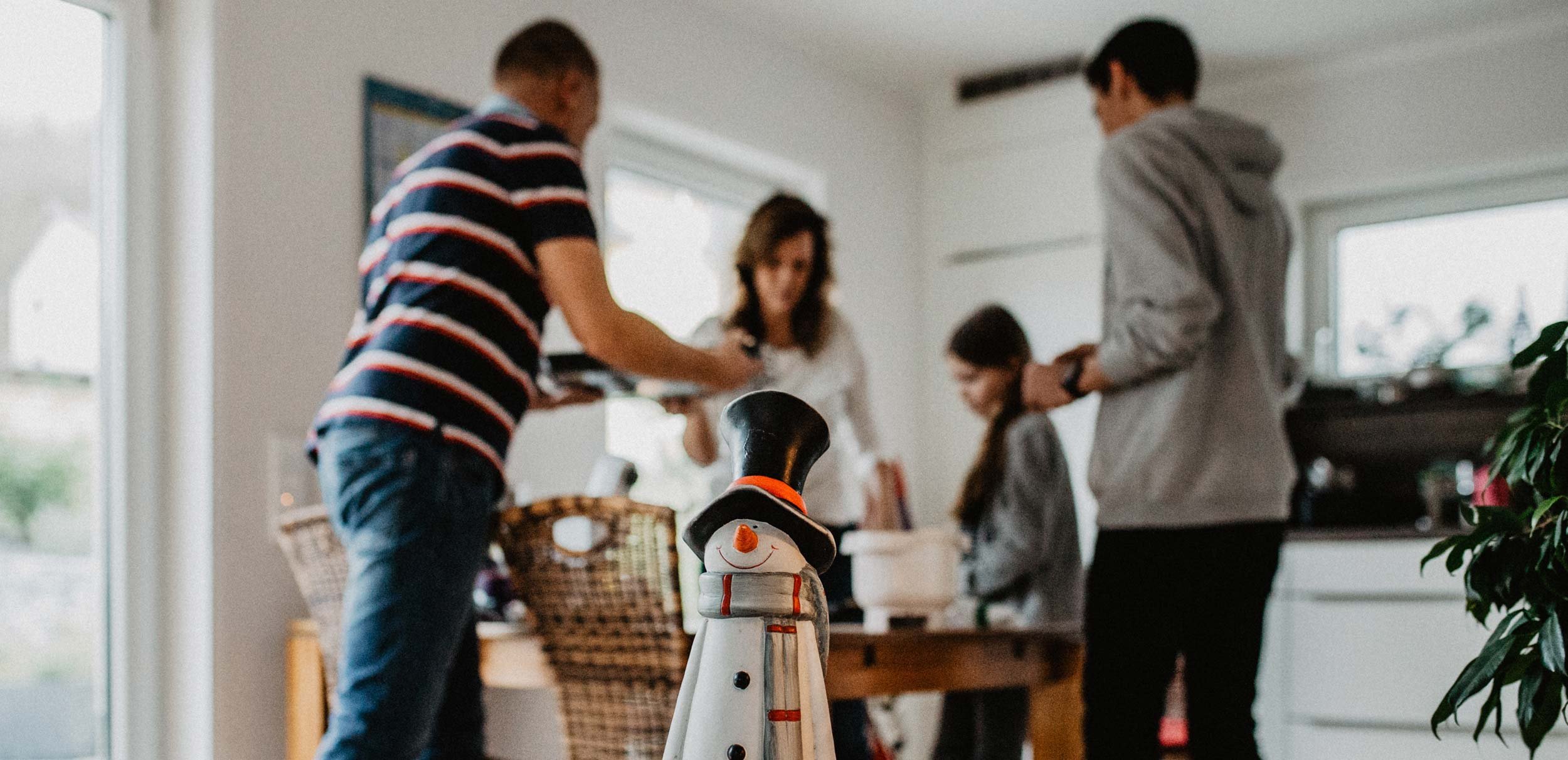Teens & Covid Holiday Blues
Image by Ivonne Nöhren from Pixabay
Often even the most emotionally reticent teens connect with holiday wonder. It is, indeed, the most wonderful time of the year (or it is supposed to be, according to the song and the hyper-energetic festivity).
The holidays are likely to look far different this year, with Covid lurking around. Many of us are changing our plans and scaling back holiday gatherings, postponing trips to see family and friends, all in the name of safe social distancing practices. These are the wise choices we are making to keep ourselves and our loved ones safe, but that doesn’t make it fun.
Impact of Covid Holiday on Teens
Even if your teen isn’t saying it openly, the shift in traditional festivities is likely impacting them emotionally. Teens who are already prone to depression and anxiety may feel the affect of these changes with greater depth but may not have the ability to articulate it.
What to Look For
Even if your teen isn’t saying it openly, the shift in traditional festivities is likely impacting them emotionally. Teens who are already prone to depression and anxiety may feel the affect of these changes with greater depth but may not have the ability to articulate it.
What to Look For
If you are worried about your teen’s emotional health this holiday season, here are some things to pay attention to that may indicate internal struggle.
Withdrawal from others
Increased irritability
Changes in eating habits
Tearfulness
Insomnia or hypersomnia (sleeping too much)
Sometimes anxiety and depressive symptoms aren’t outwardly noticeable and can impact your teen. A depressed or anxious teen might also be experiencing:
Numbness or detachment
Thoughts of self-harm
Constant worrying
Obsessive thoughts
Substance Abuse Risk Factors
A startling 86% of teens surveyed report knowing someone who uses substances during the school day. As Covid has changed the landscape of teens school routines, and now the holiday traditions, the rate of substance abuse is also increasing.
Teens abuse substances for many reasons including social pressures, boredom, and curiosity. When teens with depression or anxiety use substances it can become a means of escape from these challenging emotions, even if their use started out as something different.
Ways to Help Your Teen
It can be challenging to know how to start talking with your teen about their feelings. Sometimes our fears stem from not knowing how to start or expecting a harsh reaction. When we feel nervous or apprehensive, that’s a sure sign that we should lean-in and do it. Parental nervousness and apprehension are often intuitive signs that your teen needs you. Trust it and trust yourself.
Say How You Feel First
Open the door to dialogue by sharing your own feelings about the holidays and change of plans from the pandemic. By starting the conversation and pointing out the amount of suck that Covid is bringing to the holidays, it may give your teen permission to vent and feel validated. Explore the range of feelings; it is likely that there is more than just one. Some people may feel sad, angry, or even a little relieved. Be sure to normalize these varying emotions and let your teen know that what they are feeling is normal.
Ask Questions Without Judgment
Teens may try to hide their feelings and substance use from adults (especially parents) because they don’t want to face reactions they anticipate, such as anger, panic or punishment. Sometimes as parents we can fall into a don’t-ask-don’t-tell bind with our teens, which doesn’t help anyone. Getting your mindset ready ahead of time is key. Prepare yourself for difficult answers and make a plan for staying calm and breathing through your own feelings. If you demonstrate the feelings your teen is expecting you risk shutting them down. Ask your teen if they are using alcohol or drugs and sit with them in curiosity about their lives rather than as a parent who needs to “solve” it in that moment. This is not easy in the least. Make sure you are getting support from a trusted friend or therapist around this issue, to cope with your own feelings and fears.
Start a New Tradition
You and your teen are both in need of some joy this holiday season. Brainstorm some ideas for new Covid-friendly traditions, the sillier the better. Maybe you’ll decide to have a make-your-own pizza night or play old board games you haven’t played for a while. Or maybe you’ll do a blind-folded makeover challenge or try to learn some of those crazy TikTok moves that your teen probably already has mastered. Or maybe you’ll enjoy diving into old family traditions even more than usual. It might be fun to write out your 2020 holiday experience and seal it in an envelope to look at next year. It will be interesting to see what may have changed in 365 days.
Holidays 2020 will certainly go down in history as the year we stayed home, stayed in and didn’t do our normal holiday thing. We will reflect on this season in coming years and remember how much it impacted us, especially our teens. May we all find peace and joy in the coming holiday season and learn new lessons about how to embrace ourselves and our loved ones when we need it most.
Talley Webb, M.A., CRMC
Journey to Better, LLC



